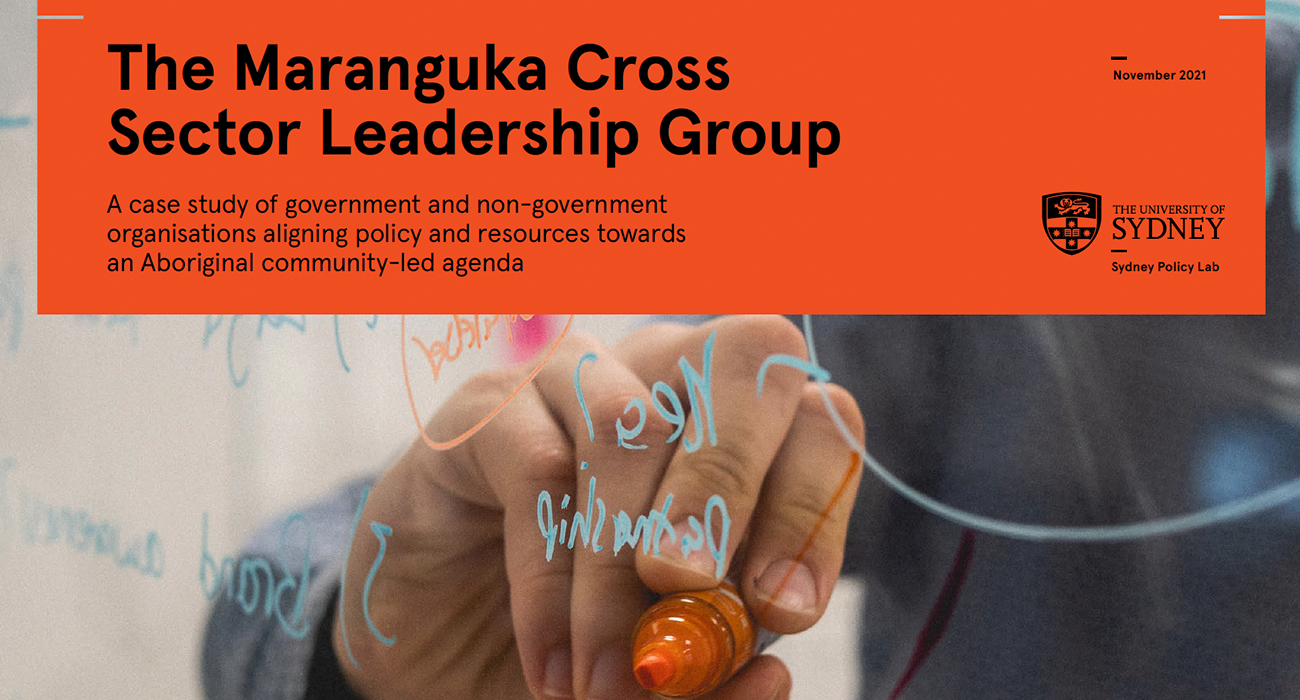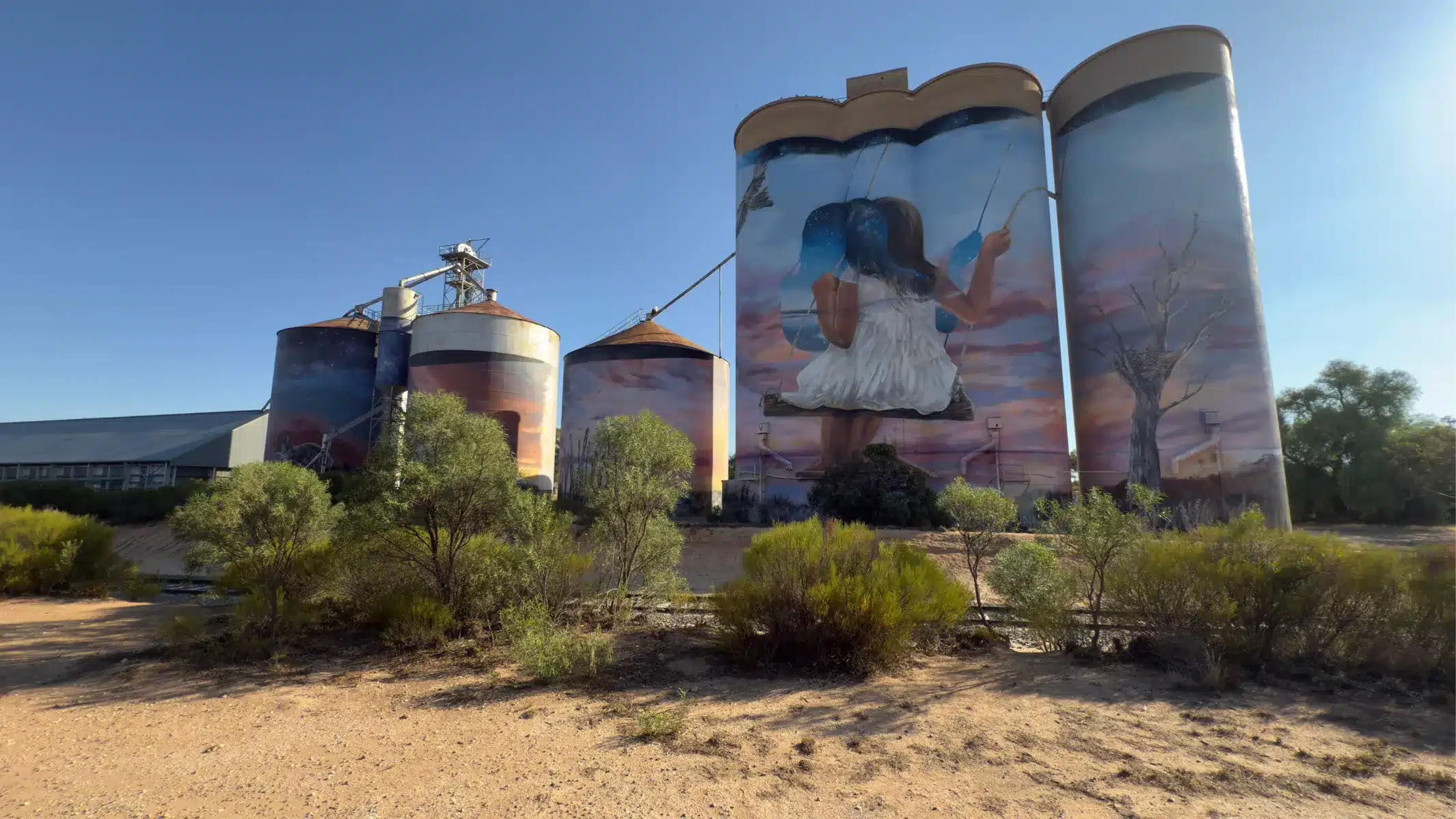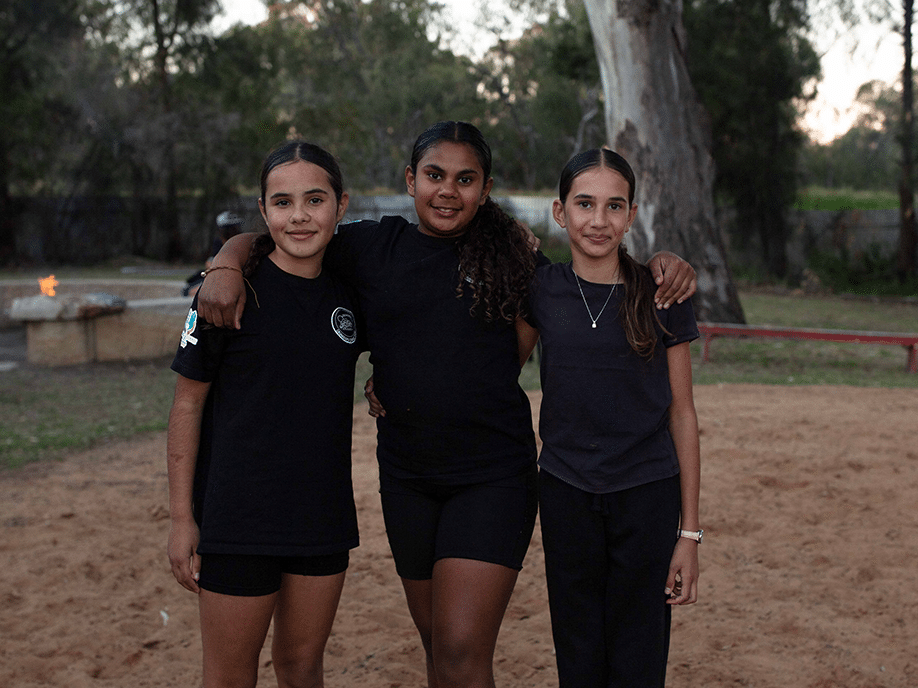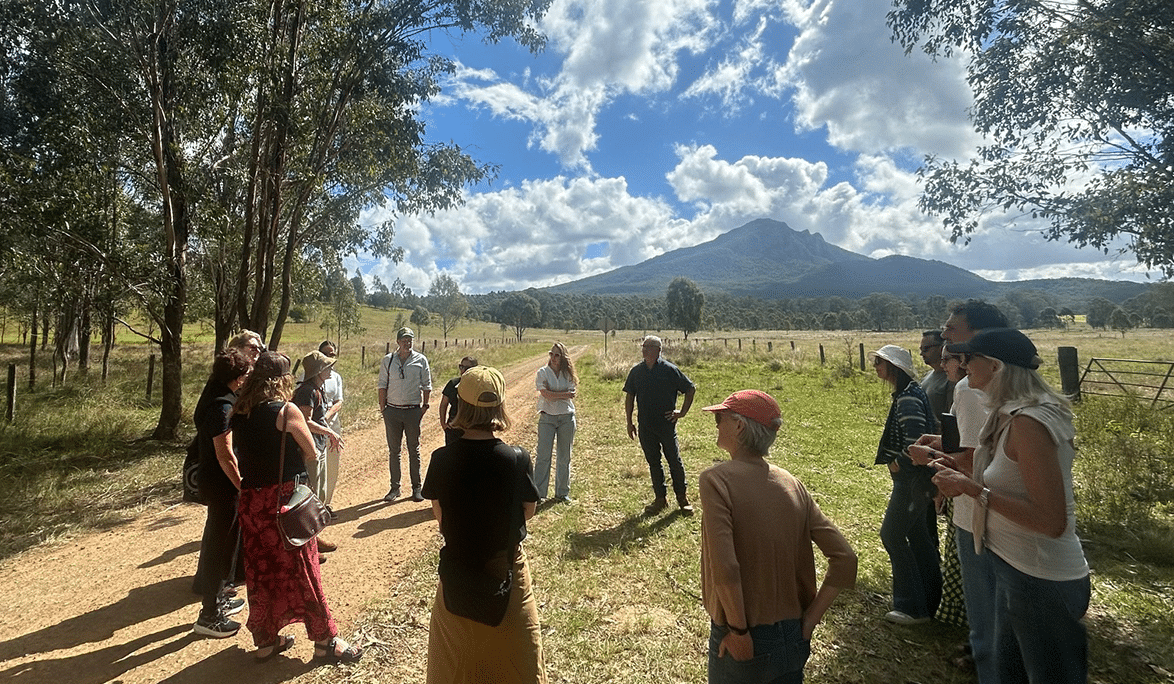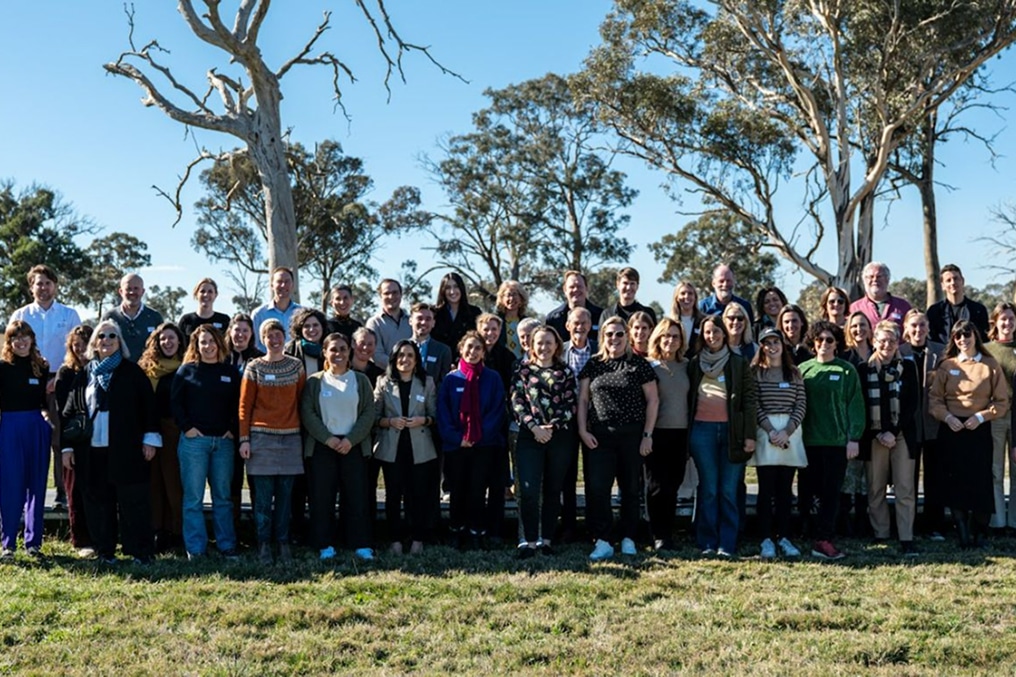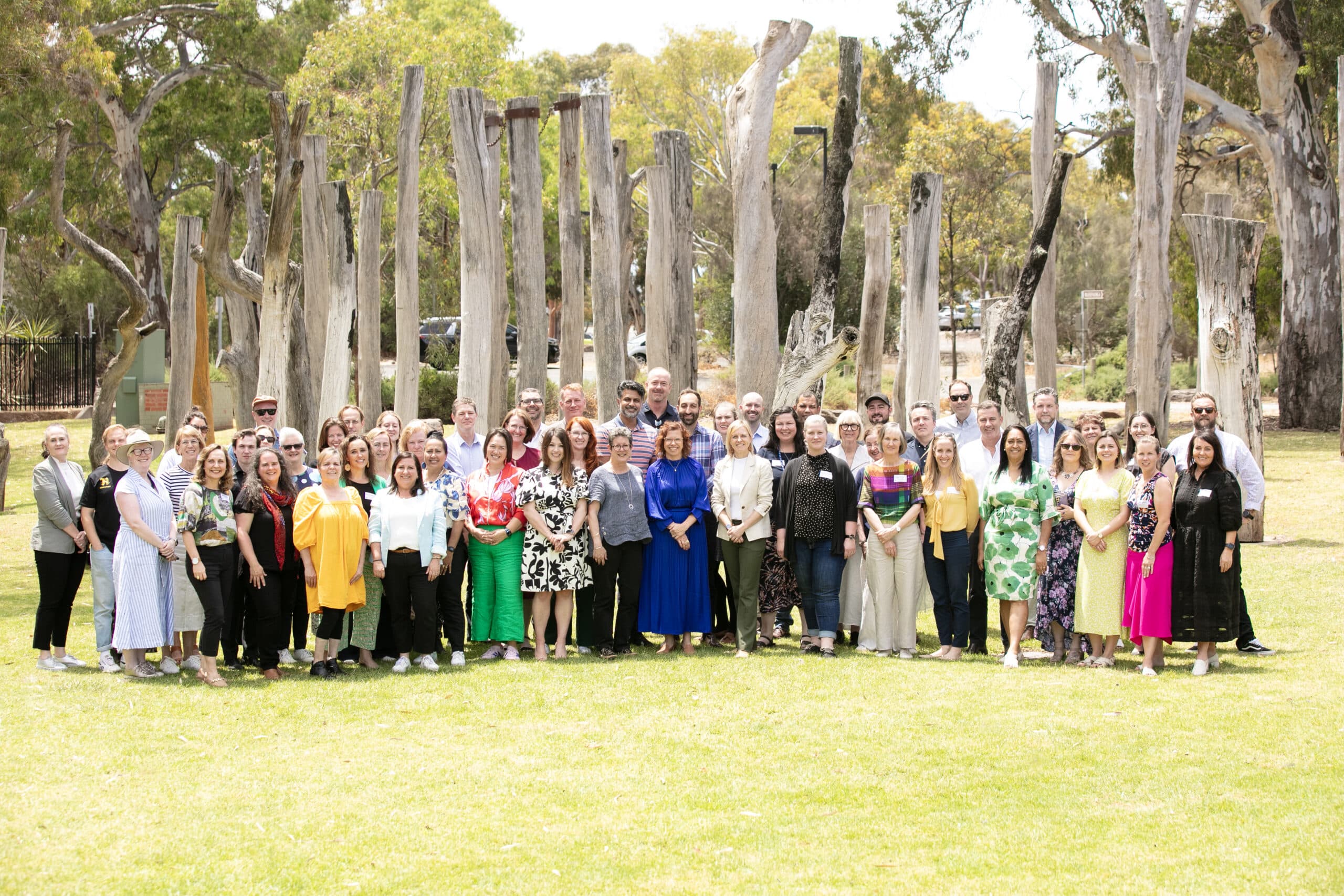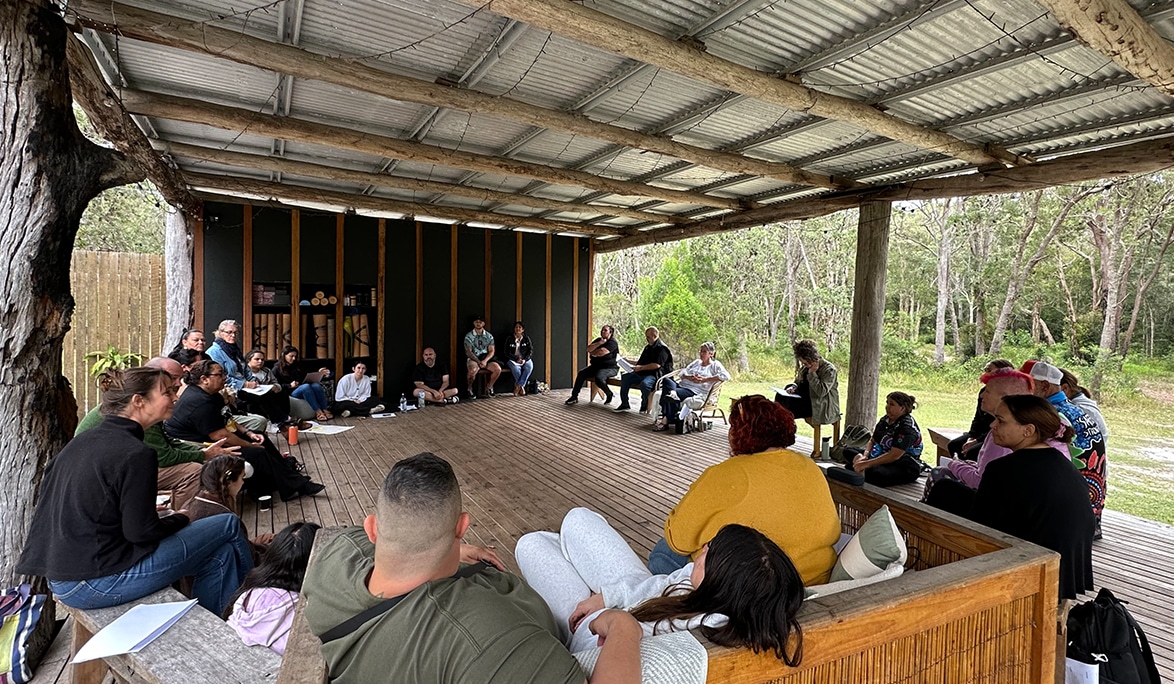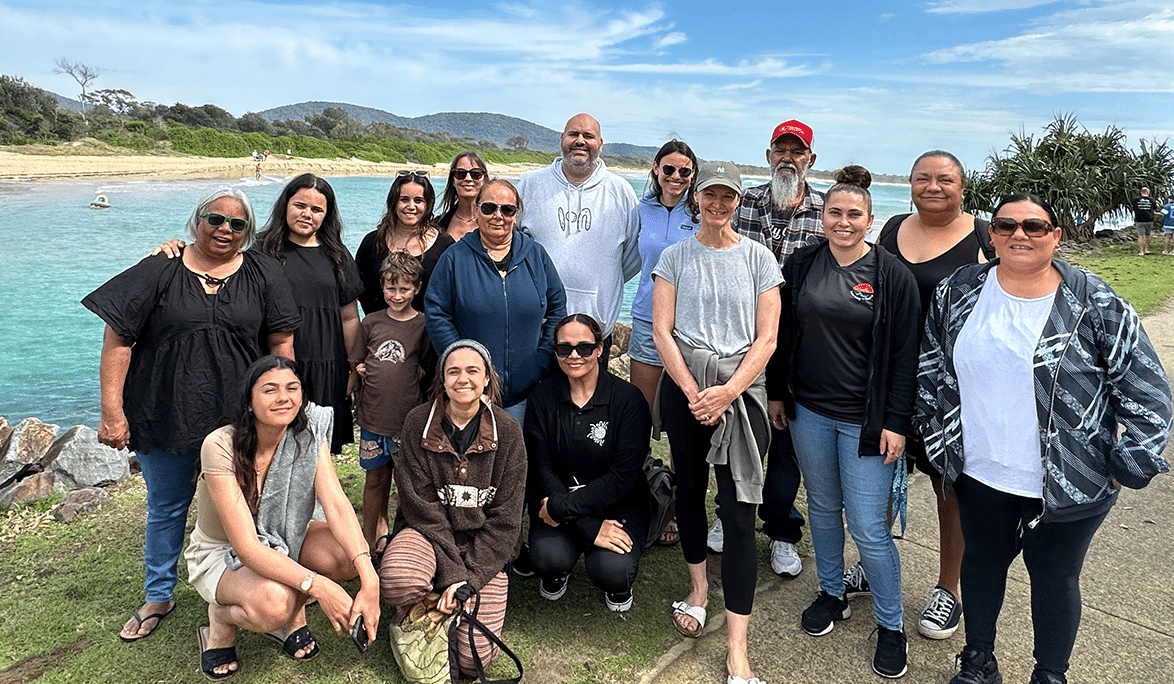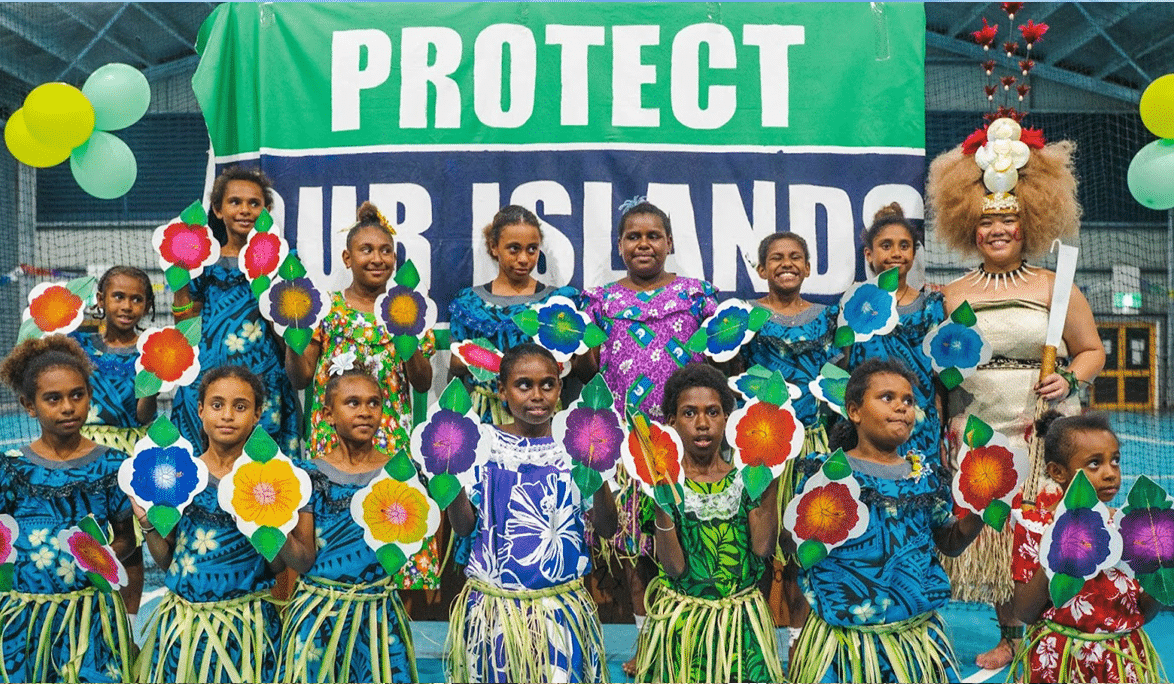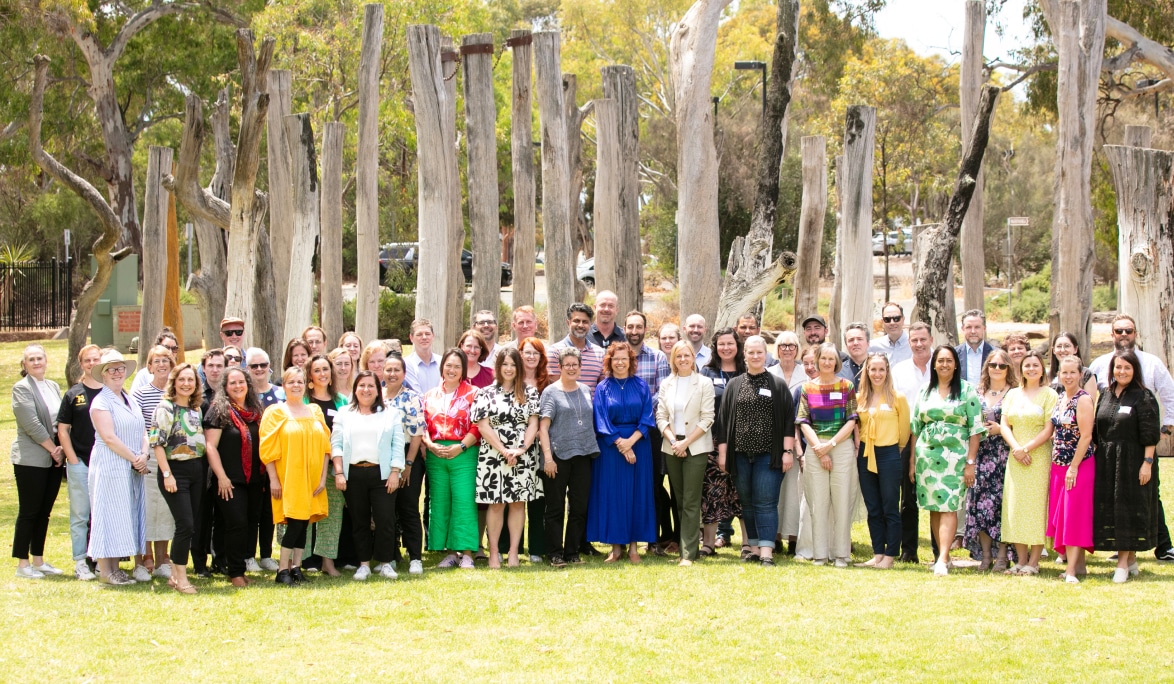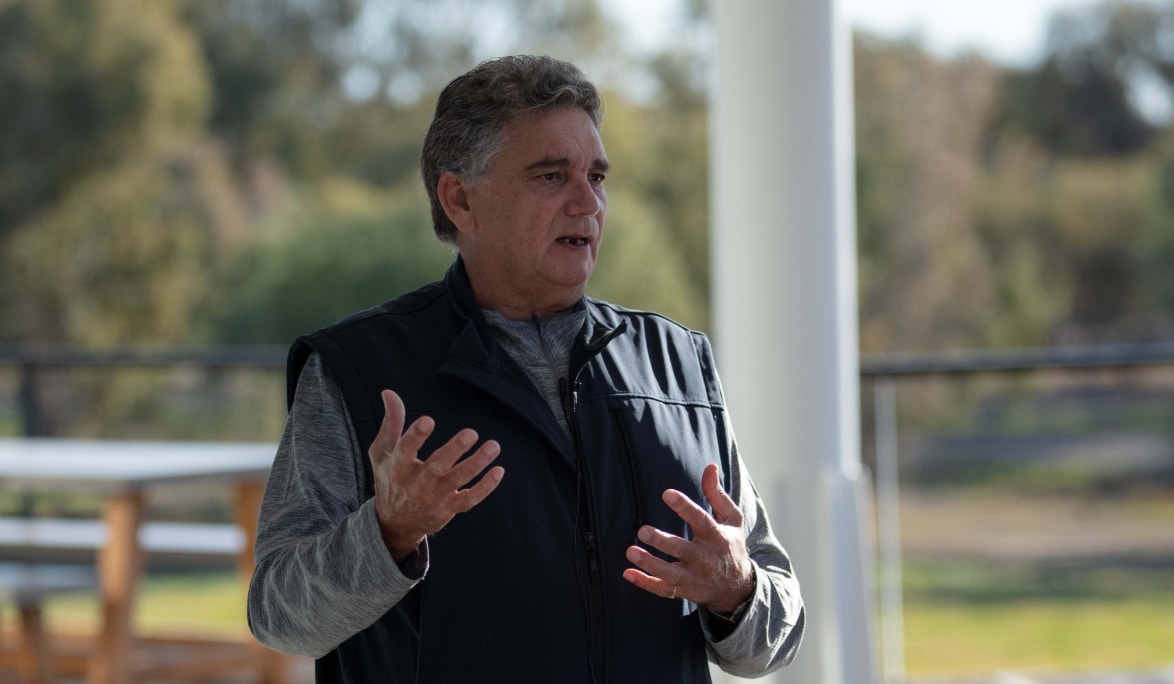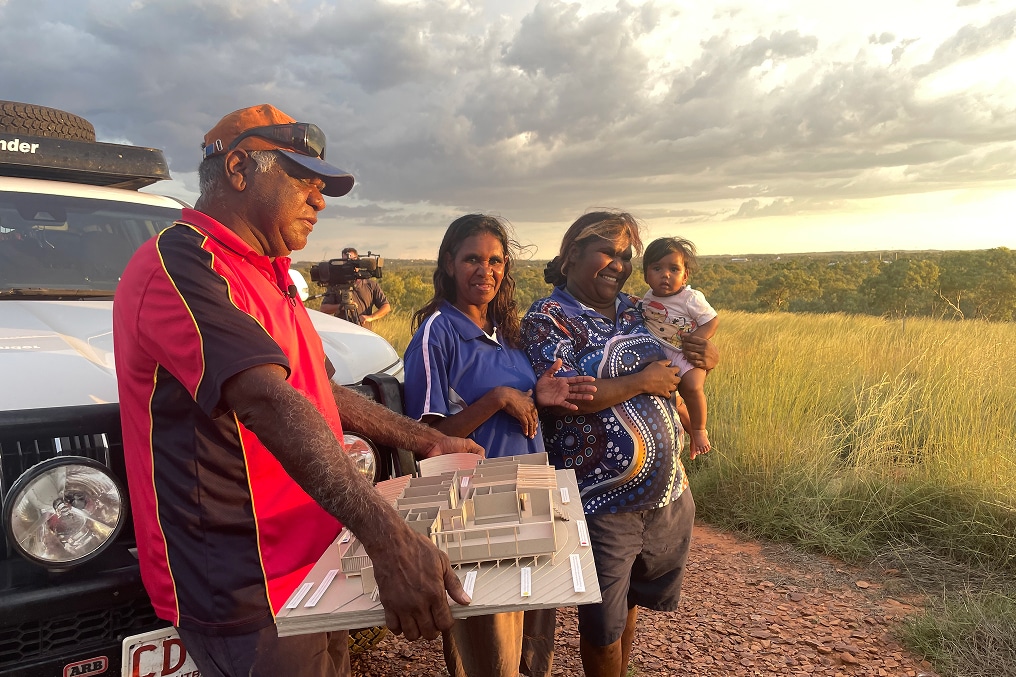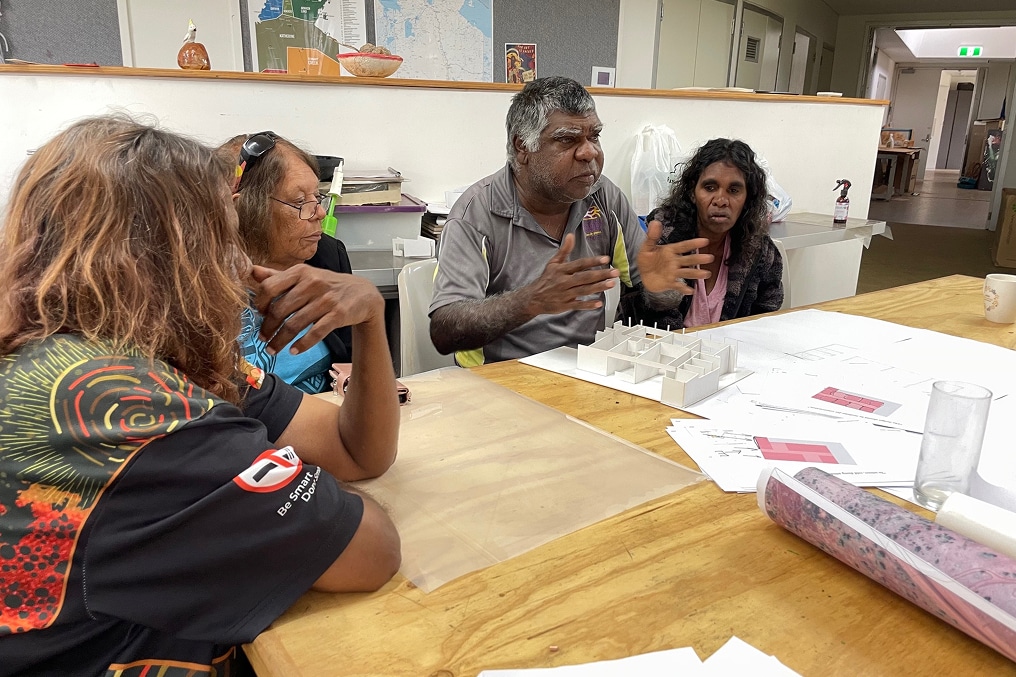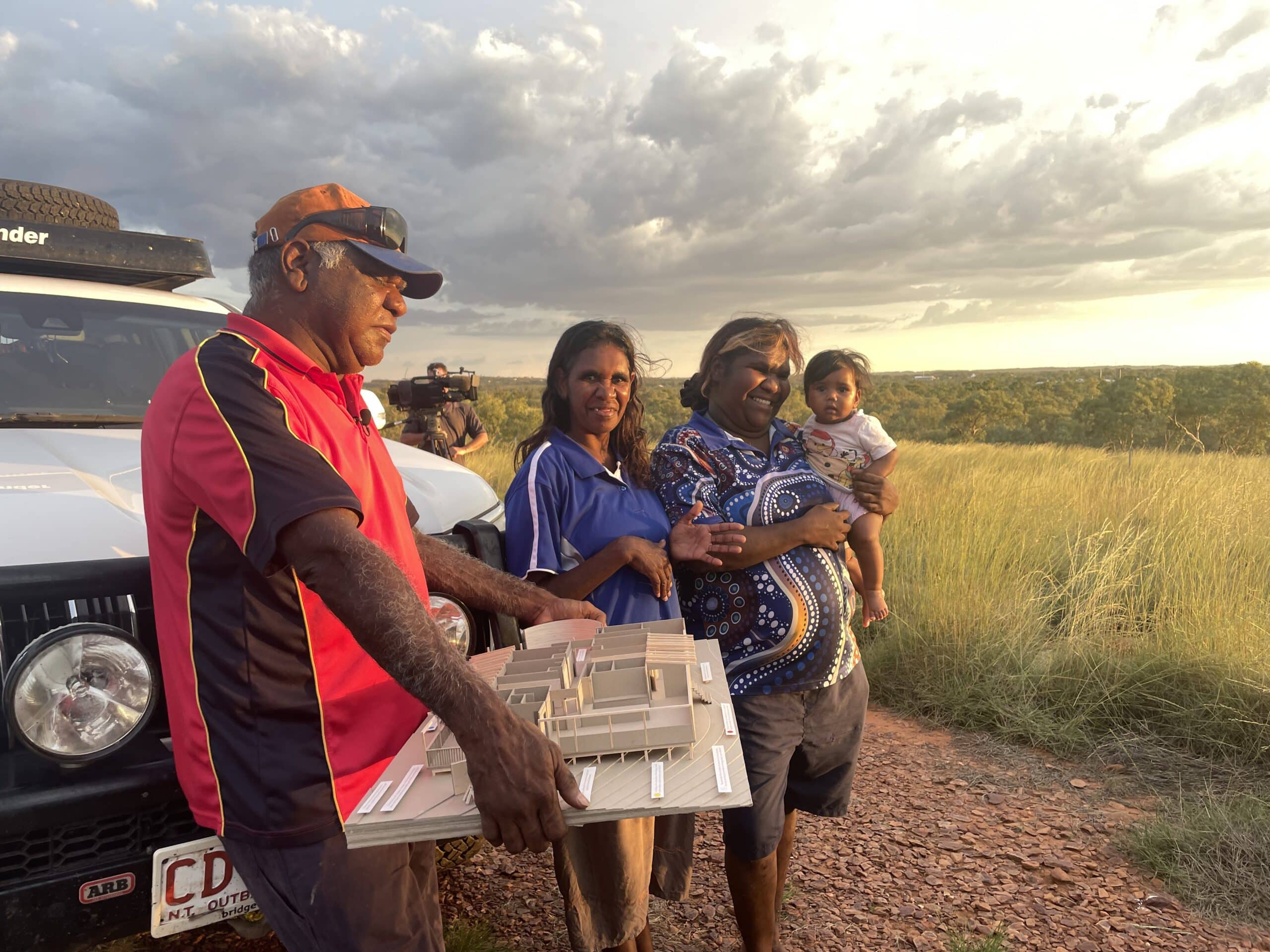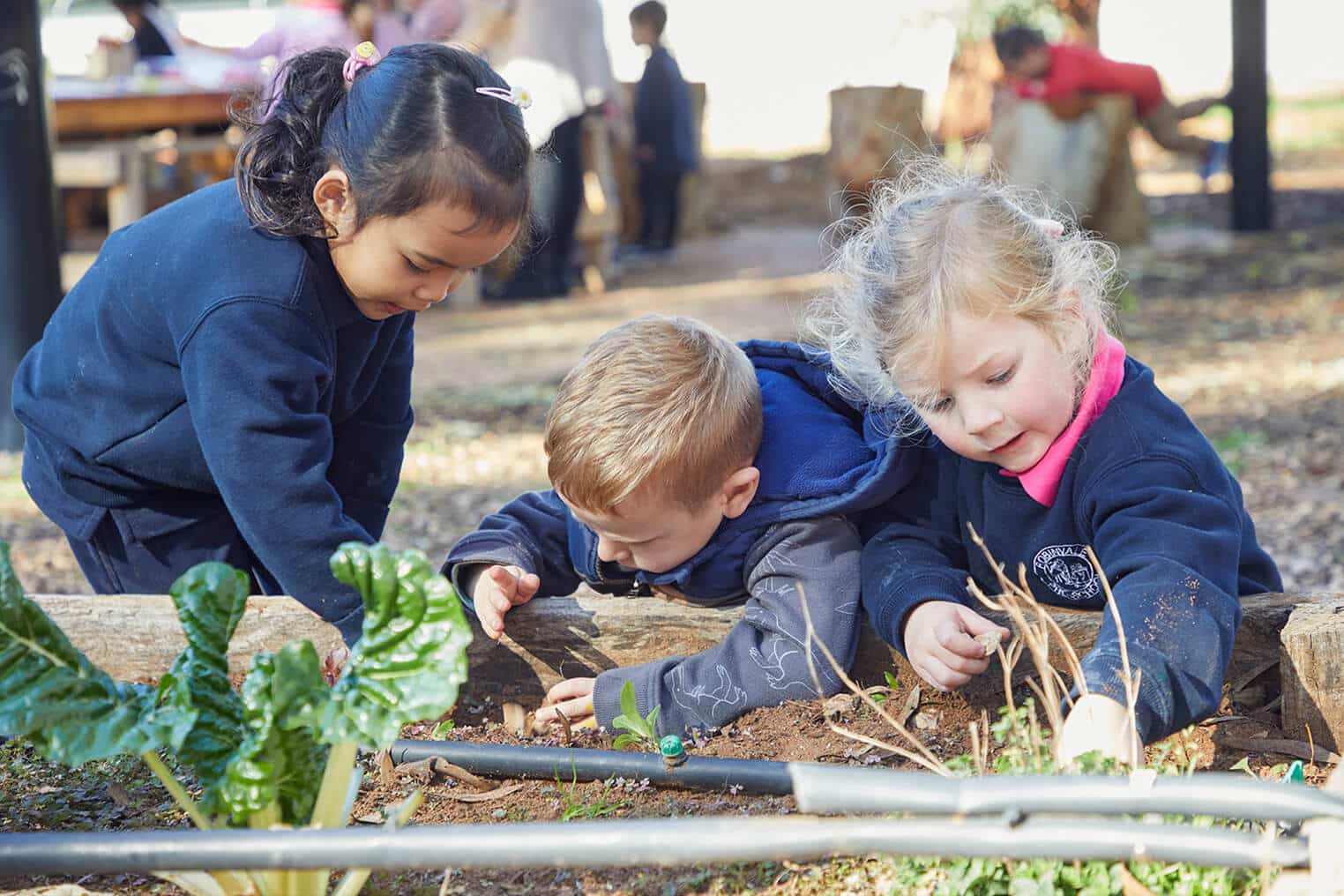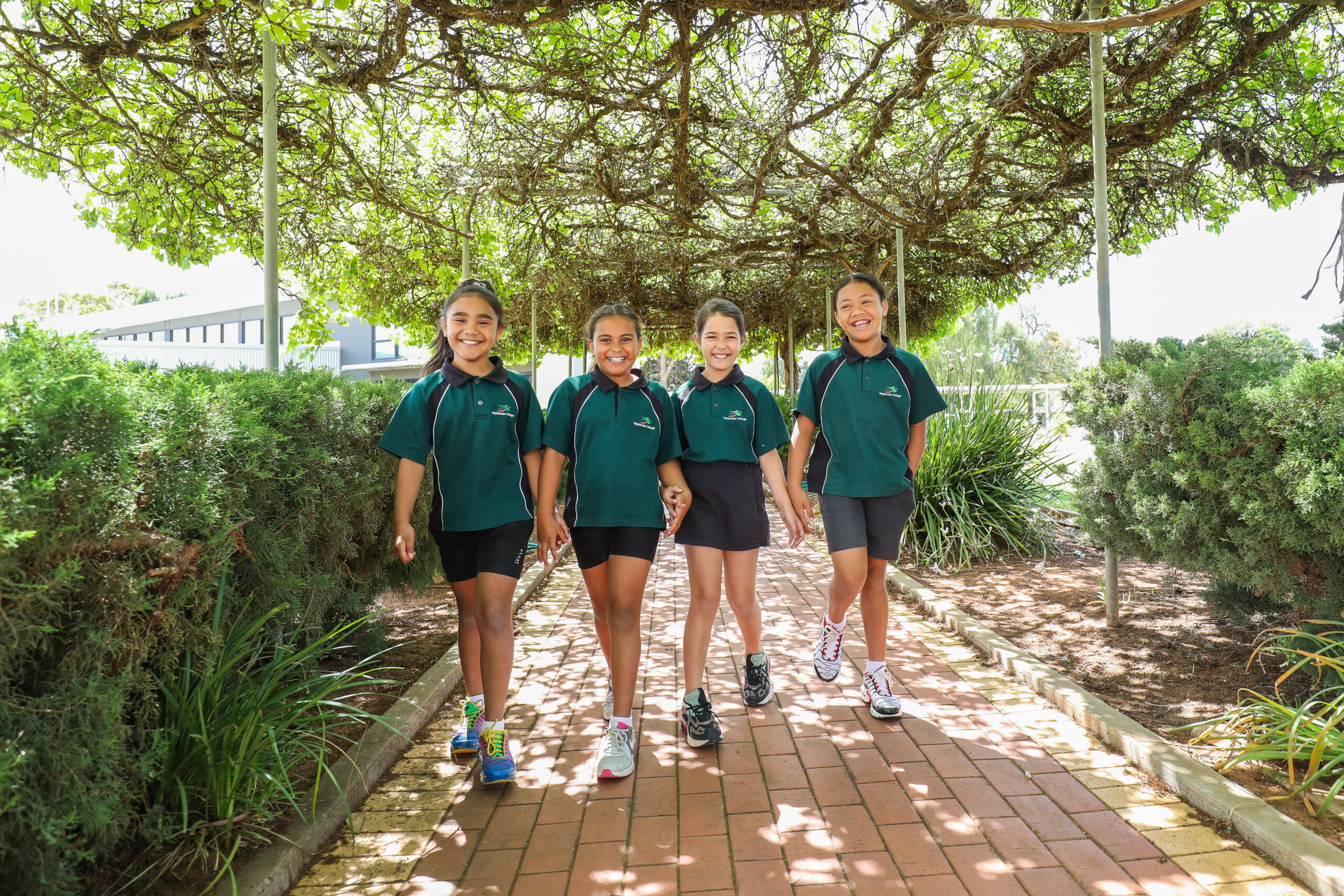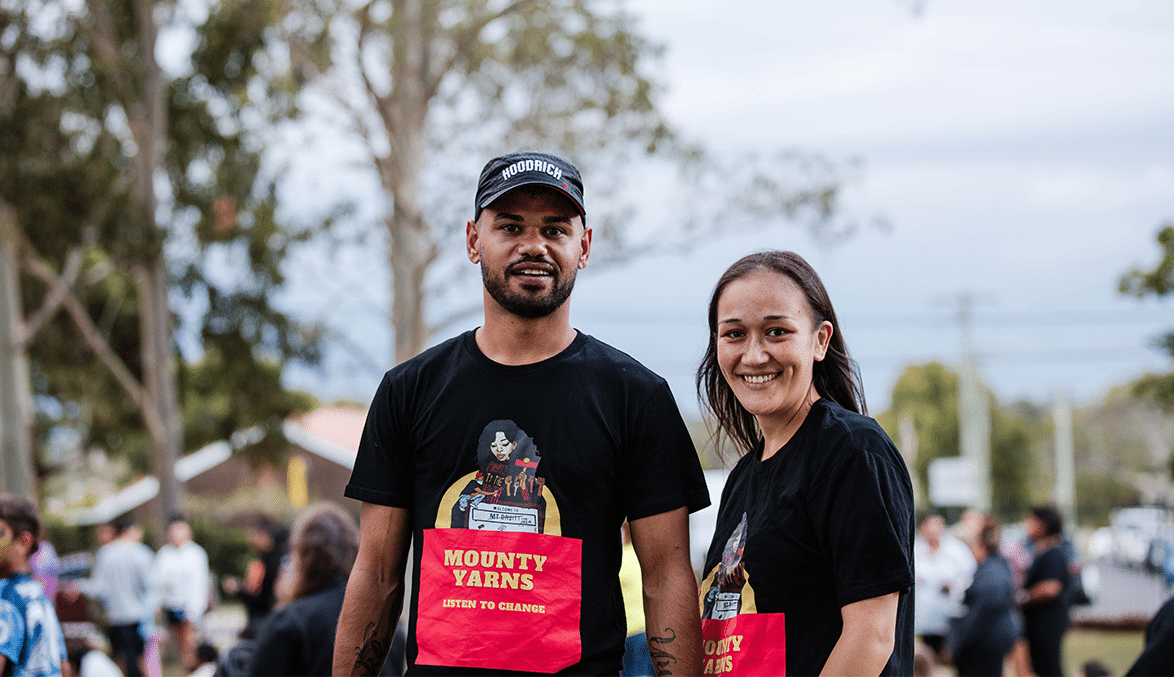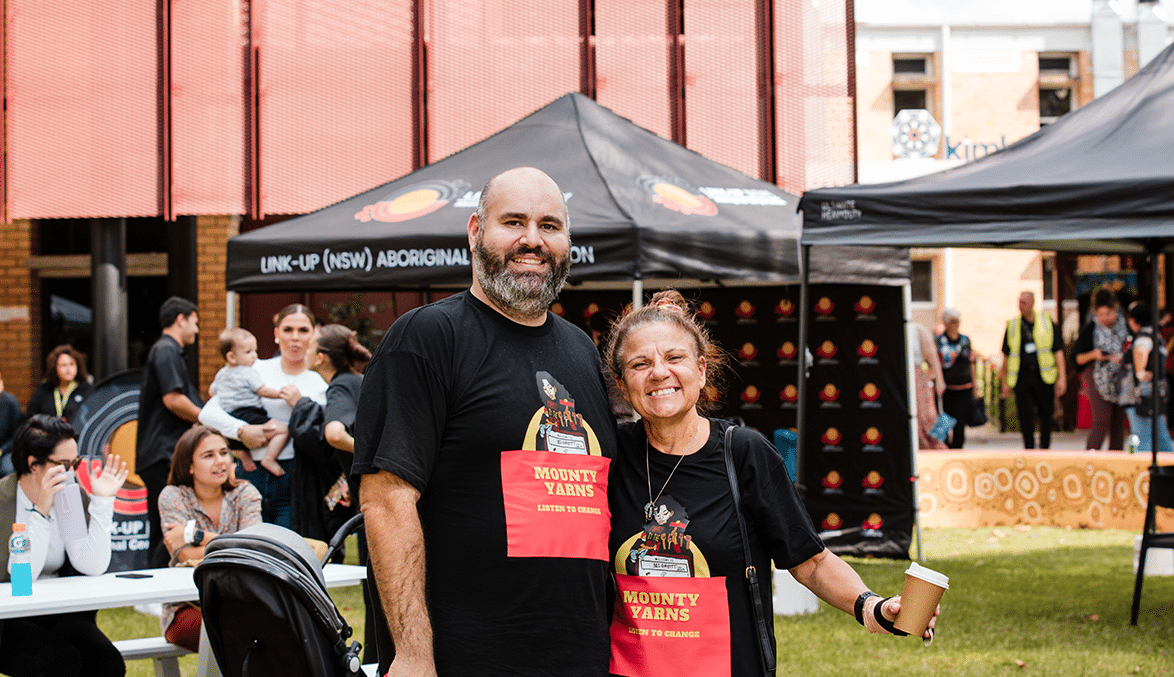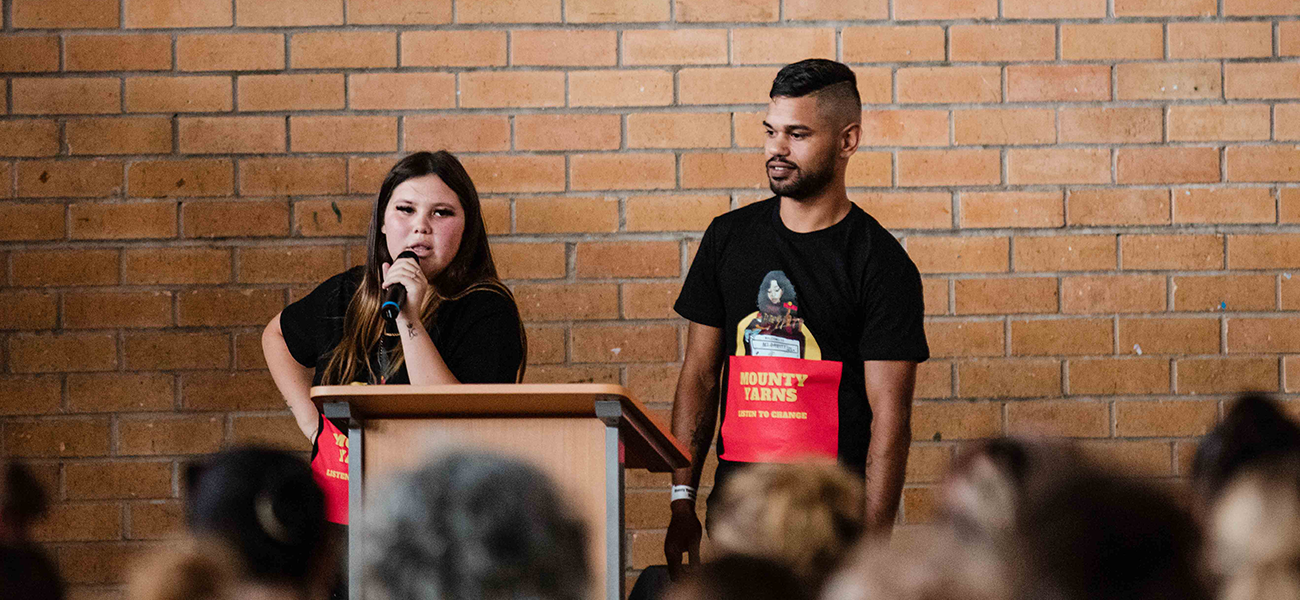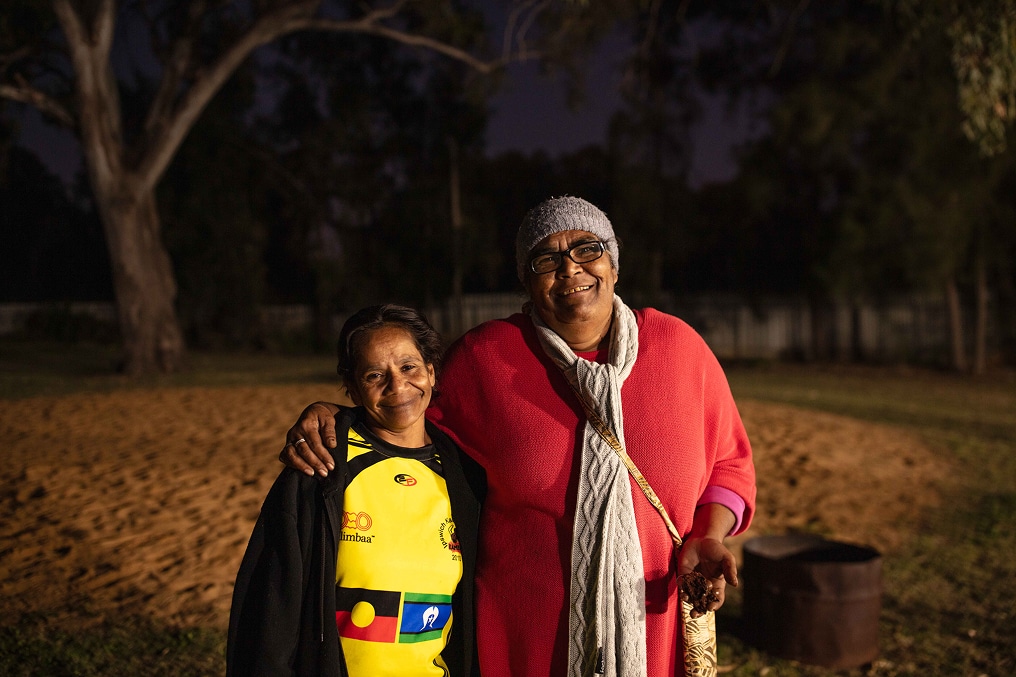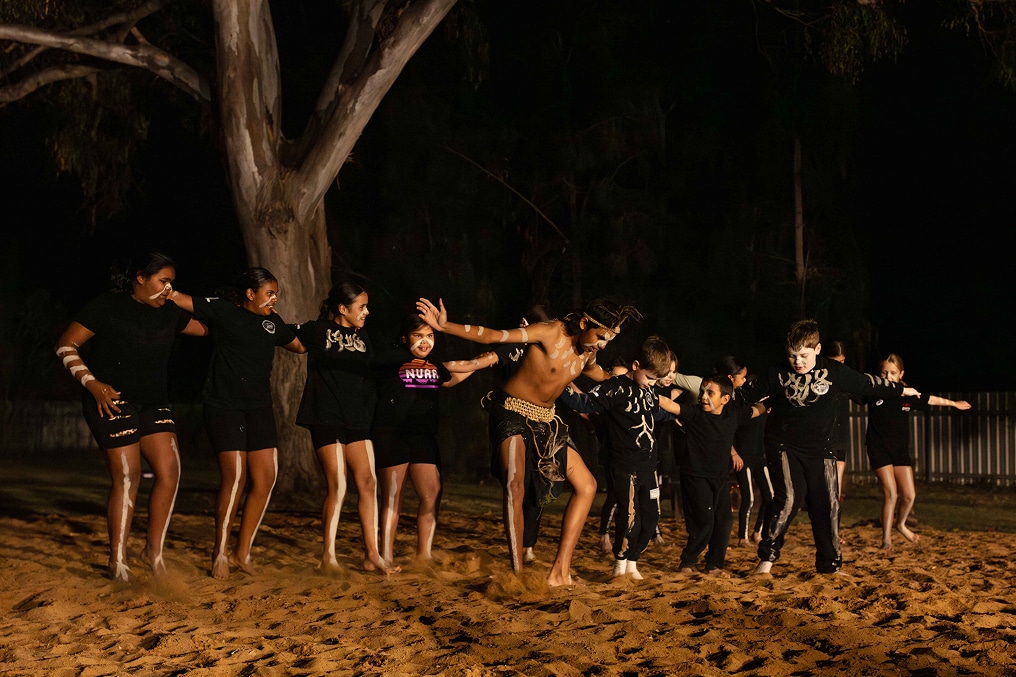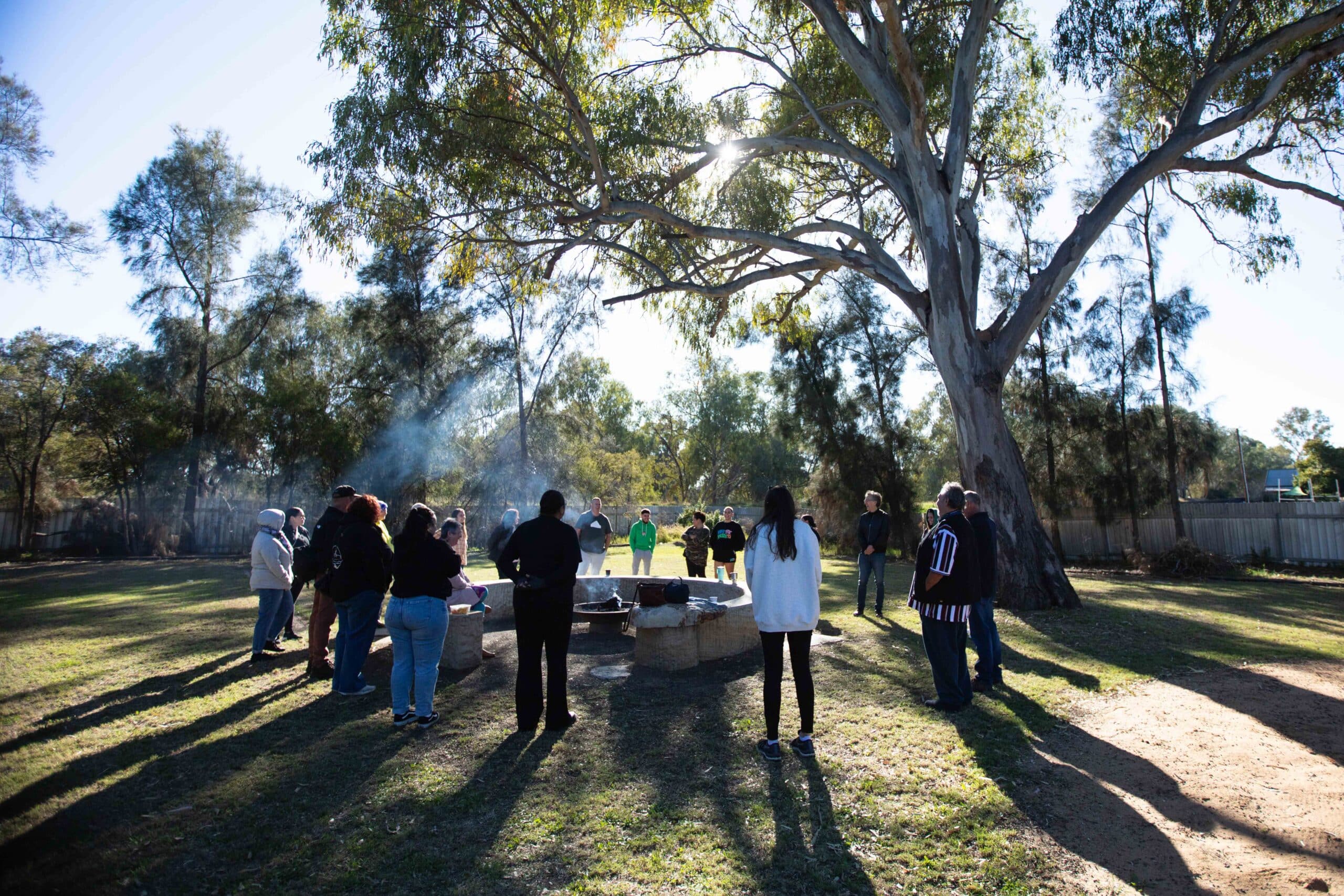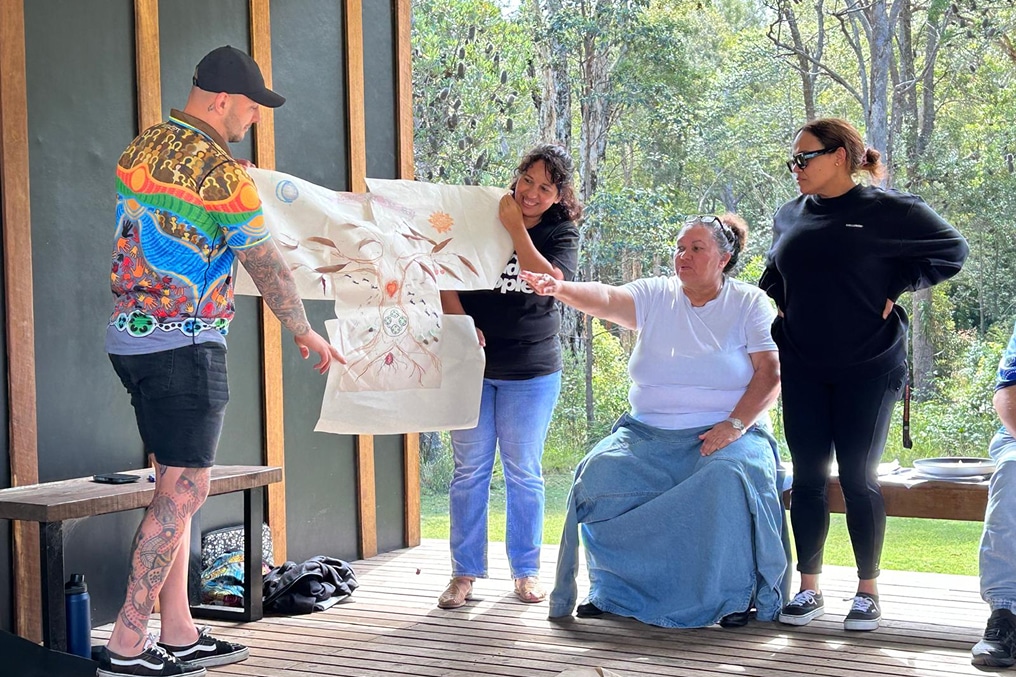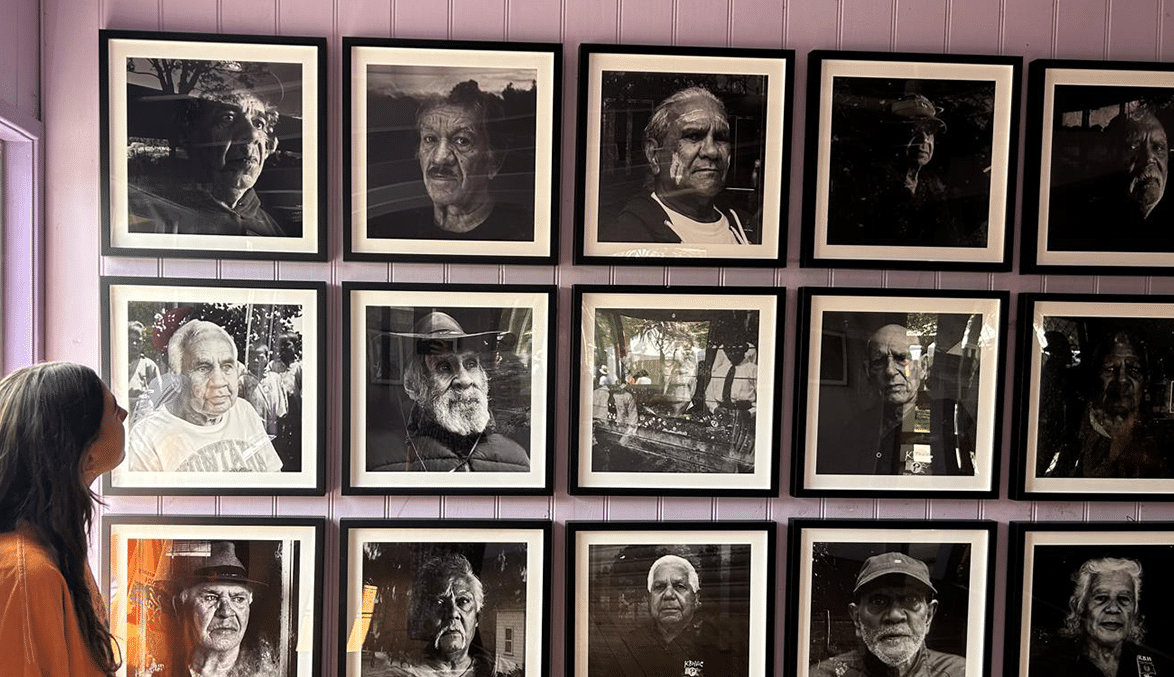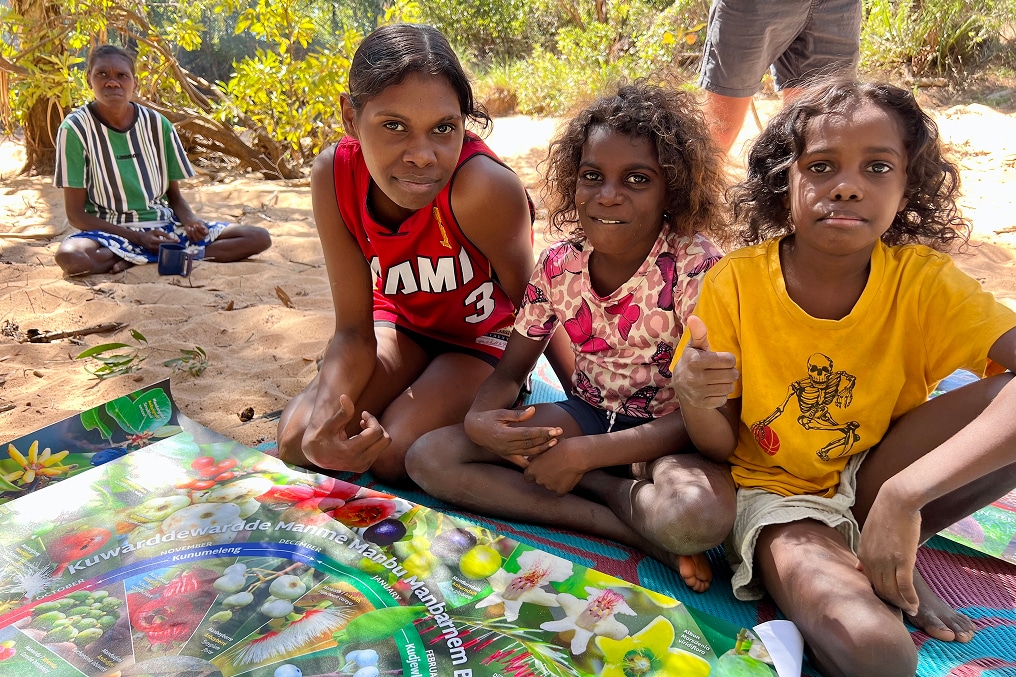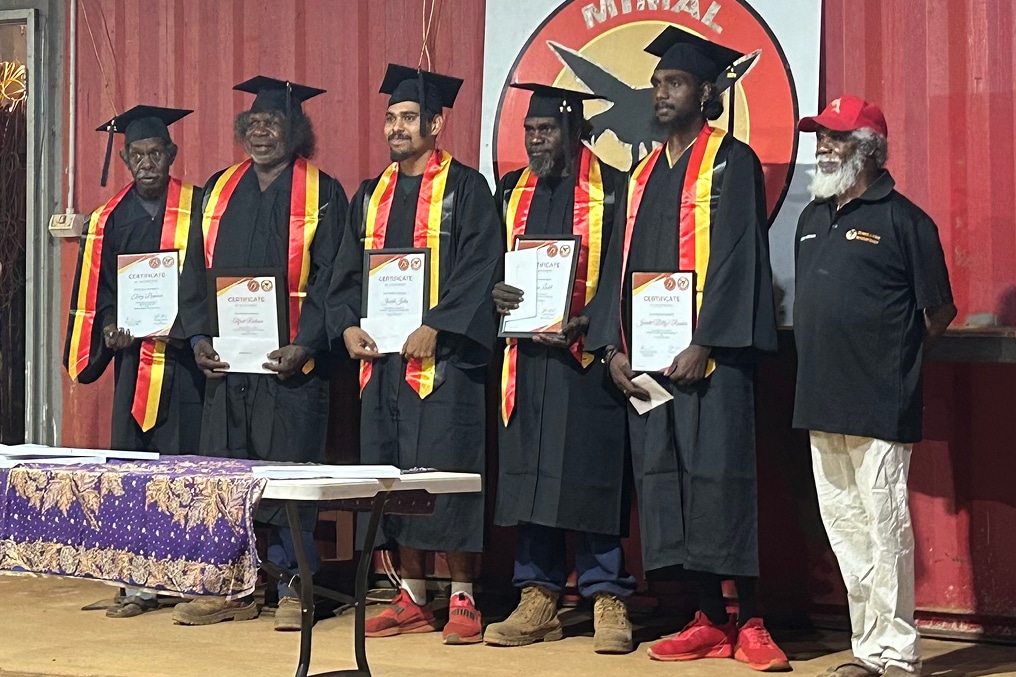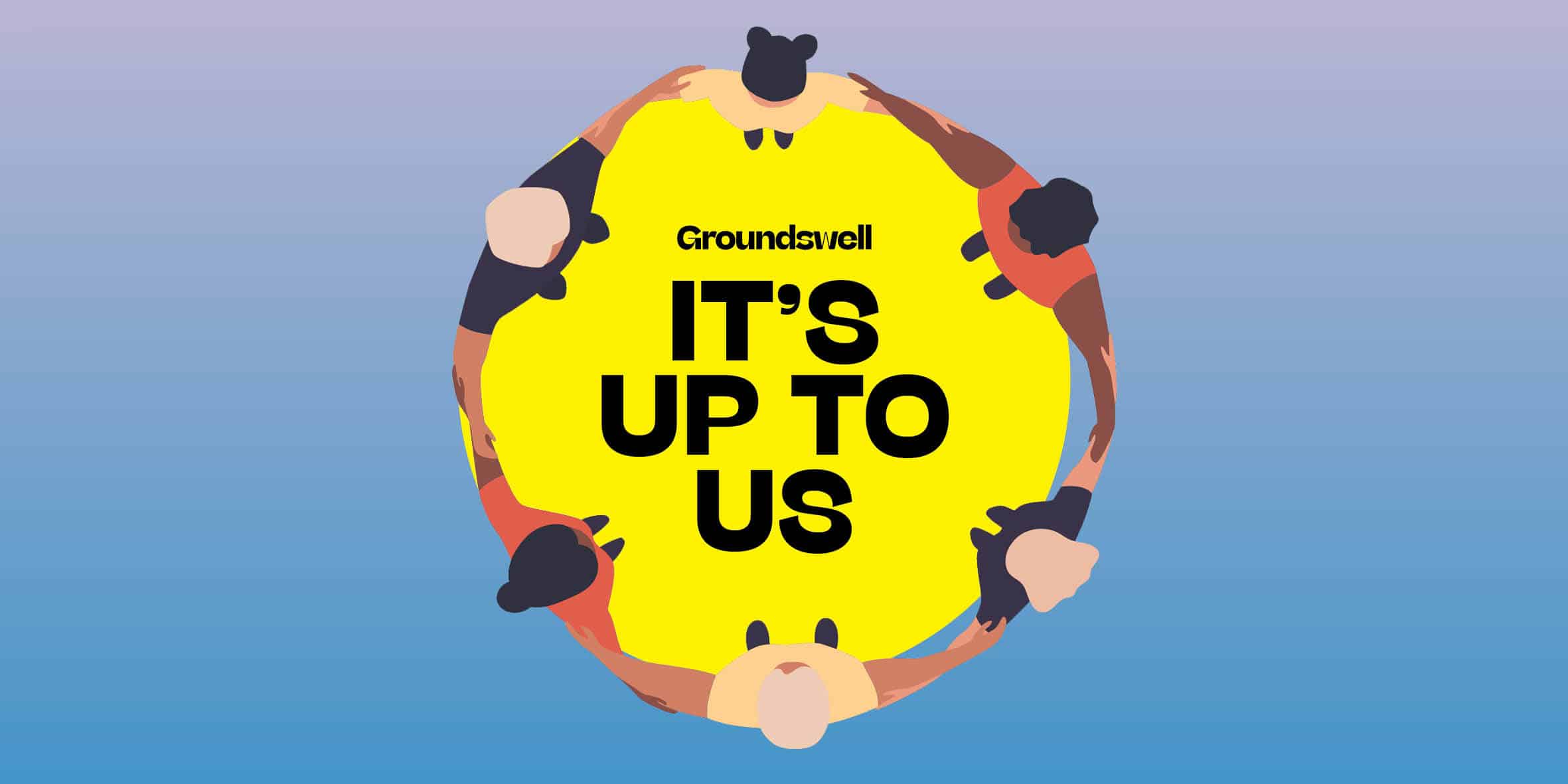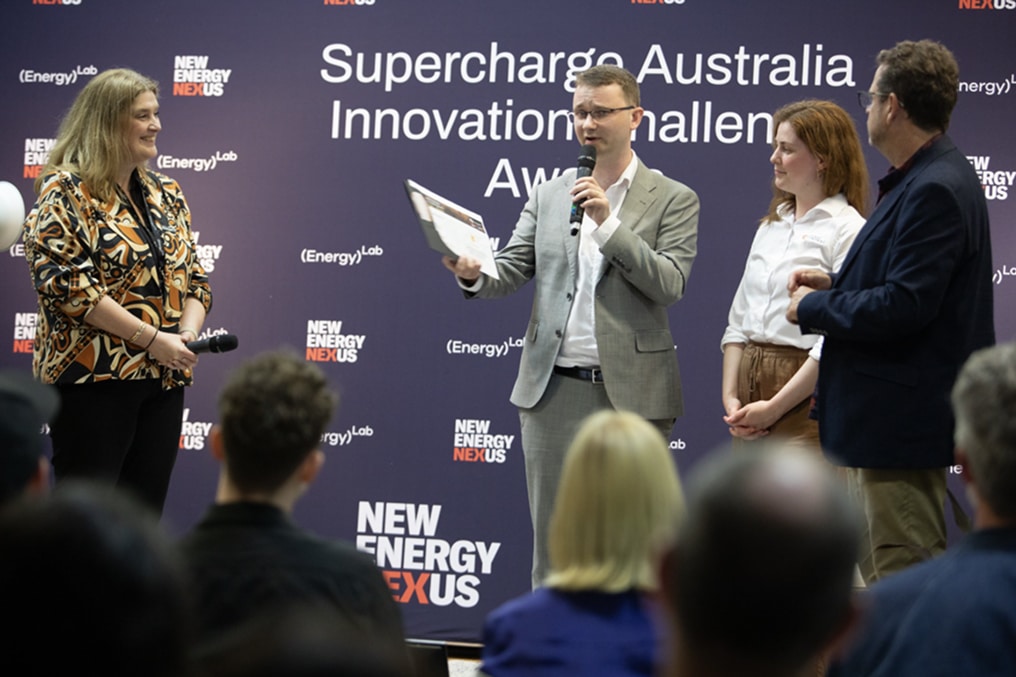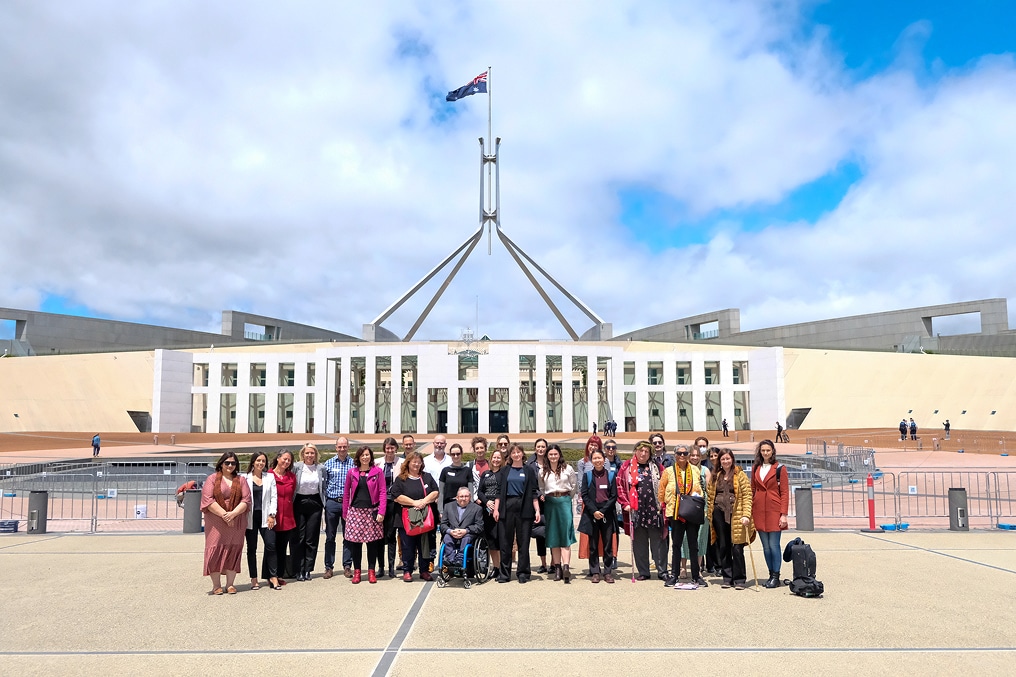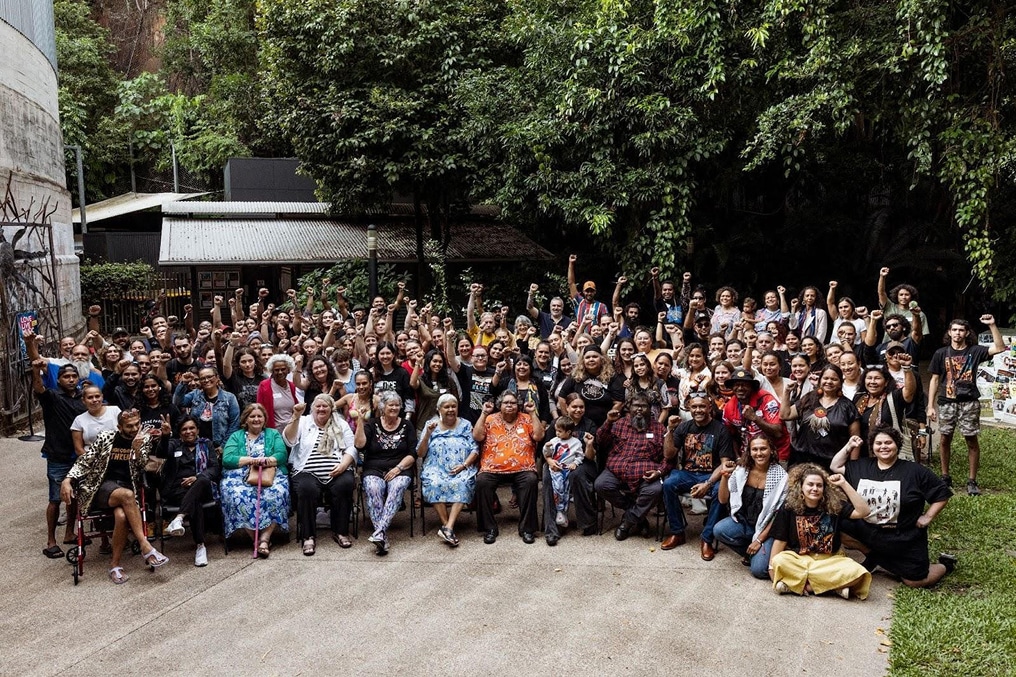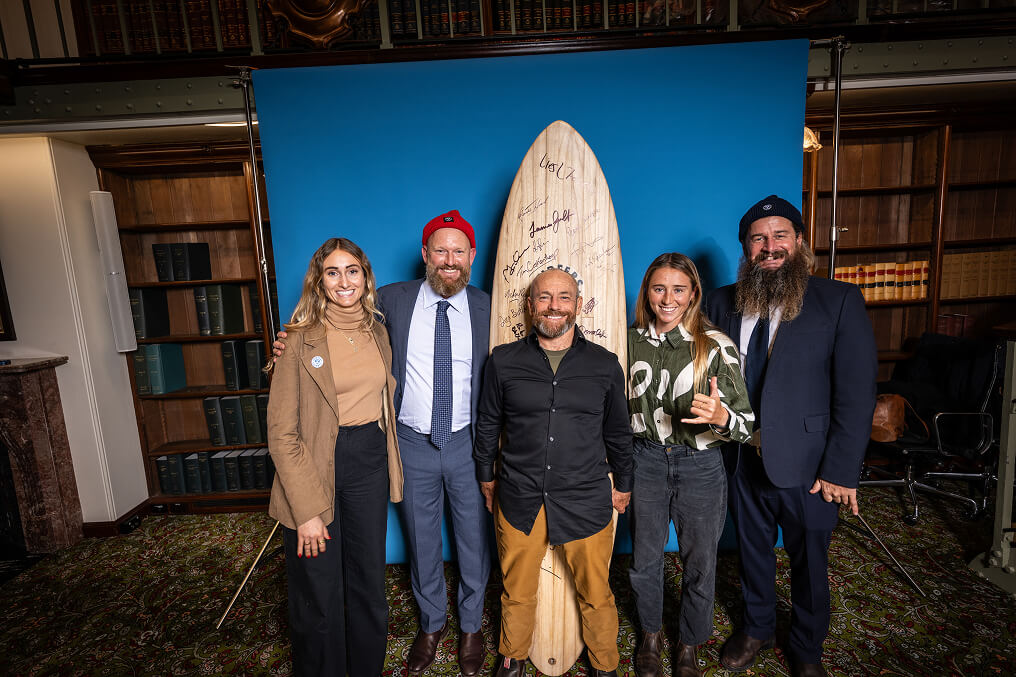This case study draws on the knowledge and practice of the Bourke Tribal Council through Maranguka, a community-led initiative based in the town of Bourke in Western NSW, which “is a grassroots vision for improving outcomes and creating better-coordinated support for families and children through the true empowerment of the local Aboriginal community.”
A previously unexplored aspect of Maranguka is the Maranguka Cross Sector Leadership Group (CSLG), a key site of interaction and direct engagement between local Aboriginal community leadership and government and non-government organisations.
“One of the key answers to the question of, ‘what do you want out of this?’ is a trusted, respectful, and meaningful relationship between community leaders and government. And that’s two-way learning there because, at the moment, you have Aboriginal community leaders rightfully very mistrustful of any of these kinds of processes and reluctant to engage. This kind of structure and development will, hopefully, create that forum where community and government can come together and be a bit of a lighthouse for that.”
Alistair Ferguson, Executive Director, Maranguka Community Hub
“As part of the Maranguka Cross Sector Leadership Group my role is to listen first, respecting the leadership and expertise of Aboriginal elders and the Bourke Tribal Council, and to remove barriers to change within the government.”
Brad Hazzard, NSW Minister for Health and Medical Research, Ministerial Champion for the Bourke Community and Maranguka
“A unifying theme in these collaborations is that improving outcomes for children in Bourke requires the leadership, intelligence and buy-in of the community. The Cross Sector Leadership Group provides the structure for government and other stakeholders to work together, as partners, with the community to drive this positive change.”
Teya Dusseldorp, Executive Director, Dusseldorp Forum
The evolution and story of the Maranguka CSLG offers important lessons for those wishing to support and respond to Aboriginal community leadership – including politicians, government agencies, philanthropists, and service providers.
These lessons centre around four key factors:
- strong community leadership to which other partners align their activities;
- the commitment, time and skills required to engage in deep collaboration and build trust around a common purpose;
- the importance of authorisation, including the need to respect Cultural Authority, and the role of political leaders in giving ‘permission’ to act; and
- different levels of accountability, formalised through milestone documents, structures and processes which lay the groundwork and tone for future activity.
While these lessons emerged from the specific context of the Maranguka initiative in Bourke led by the Bourke Tribal Council, they offer potential insights for other government and non-government organisations wishing to align policy and resources towards supporting community-led agendas for change.
